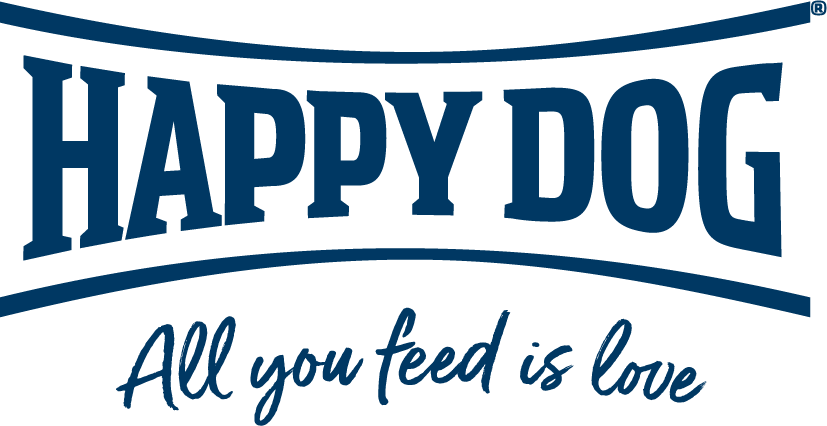Inorder to successfully breed from your bitch you will need her to be in perfect physical condition. Beingunderweight or overweight can lead to various health problems during pregnancy and when the puppies are born. Therefore, before you mate your bitch, she should be an ideal weight (body score 3/5).
Nutritional Requirements During Gestation
Calcium is very important especially in the second part of the pregnancy. It is essential for the skeletal development of the puppies as well as the birthing process. Other important substances are iron (prevents from anaemia) and vitamins A, D and E - essential for the quality of the bitch 's milk. Moreover, an adequate protein level is recommended as protein is important for cell growth and such the development of the puppies. In some instances, when a bitch is very close to giving birth they will completely refuse their food. This is nature's way of making sure the bitch's energy will be used for giving birth and not for digesting food. If these instances a product such as
Happy Dog Puppy Milkor the newly developed Happy Dog Starter will give your bitch enough energy and nutrients without being too heavy on her digestion.
Results of Insufficient Nutrition During Gestation
Lack of protein:
- Fertilised egg cell can dies
- The foetus can dies and is reabsorbed
- Puppies can be born with a low birth weight making them weak and vulnerable
- Increased puppy mortality
Lack of Calcium:
- Impaired skeletal development in puppies
- Weaker labour of bitch
- Increased risk of pre-eclampsia
Deficiency in Vitamin A/D/E:
- Puppies receive suboptimal nutrition via the mother’s milk, which can lead to the associated complications such as rachitis (rickets)
Iron Deficiency:
- Anaemic bitch
- Puppies more prone to infection
Lack of Carbohydrates:
- Insufficient energy supplied to the embryos (which takes place only via glucose)
Damage that can be caused by an Overweight Bitch:
- Reduced rate of ovulation
- Smaller litters
- Lack of milk supply
- Serious complications during the birth: the narrowing of the 'soft birth canal' extends the duration of the labour and there is an increased risk of the puppies being deprived of oxygen
Diet for the Lactating Bitch
A lactating bitch is under a lot of pressure. The larger the litter and the older the puppies, the more energy your bitch will require. In the puppies first two-weeks of life whilst they are still very small, and the bitch is still producing relatively little milk, she will have slightly higher energy. However, after the two-week mark the puppies requirements will continuously increase and the bitch’s output will reach its maximum level. As a general rule, the bitch’s food requirement increases by 1/4 for each puppy (so she needs twice as much food for 4 puppies, 3 times as much for 8 puppies and 4 times as much for 12 puppies). Therefore, it is essential to increase her food during this period and up until the puppies are approximately six-weeks of age to ensure the bitch has an adequate supply of energy. Moreover, it is very important to offer the lactating bitch a food that is highly digestible (at least 90%). The crude protein content of the food should be at least 25% and carbohydrates should make up at least 20% of the dry matter as a big amount of glucose is needed for milk production (particularly for the milk sugar lactose). It is very important that the bitch has unrestricted access to clean drinking water at all time as this is essential for adequate milk production and for regulating her body heat. As milk production decreases between the 6th and 7th week, the amount of food must also be reduced again. Otherwise, there is a higher risk for an engorgement and, as a common consequence, mastitis will occur. © Dr. med. vet C. Mederle







